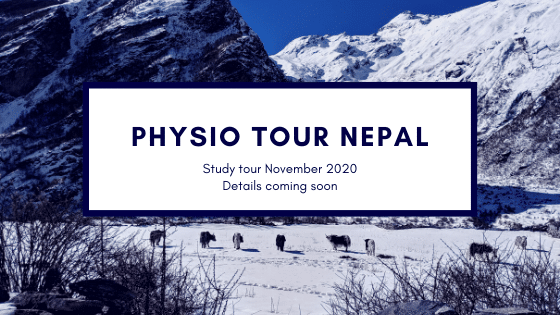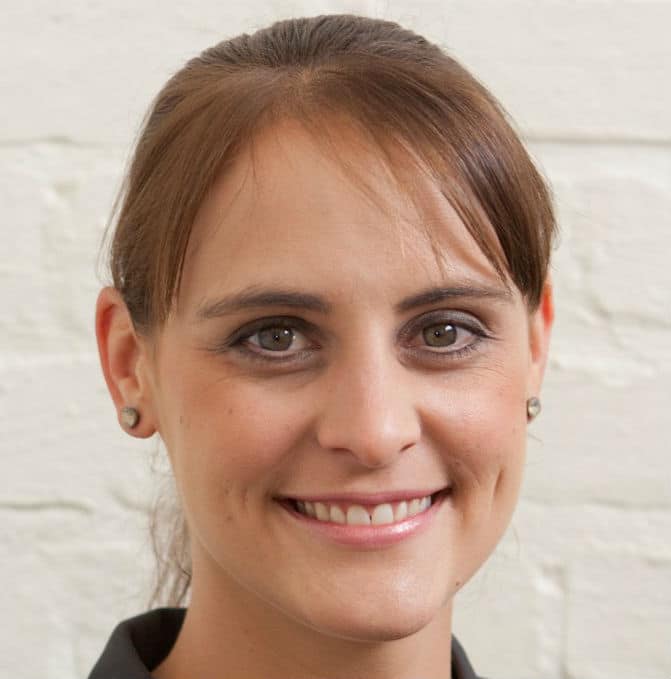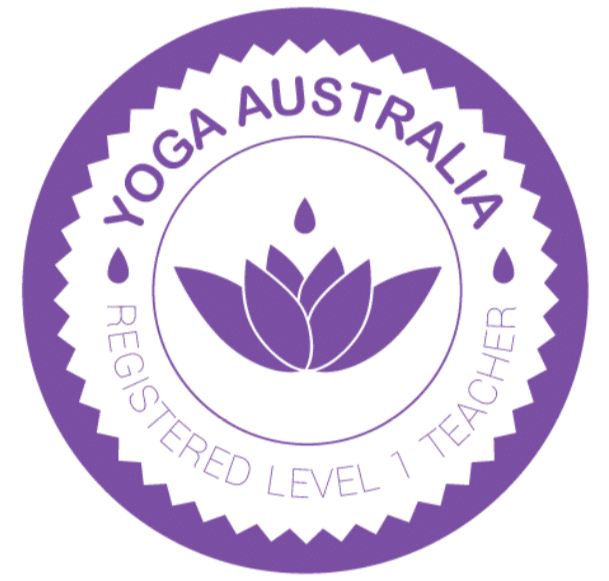Maximise your impact, minimise your harm.
Apart from the trepidation of my family allowing me to spend three months volunteering in Nepal as a relatively new-graduate physiotherapist (at a time where the country was still searching for political stability), I was met with positive encouragement from teachers and colleagues alike. In reality I was quite unprepared for my adventure. For those considering volunteering in another country, this article is for you.
Are you a Voluntourist?
I wasn’t aware of the phenomenon of ‘voluntourism’ when I left Australia in the build-up to the Australian summer in November 2007 to spend 3 months living and working in Nepal as a Physiotherapist. Voluntourism is a concept I’ve spent many hours thinking about in the years since.
“Voluntourism” describes a volunteer involvement attached to holiday experience in a typically very short term engagement of one or two weeks (Cleaver 2016). The motivation is almost always altruistic, when a person of relative privilege donates their time and skills to help those in need. Unfortunately, due to the structure and short-term nature of these programs, there is often a lack of long-term outcomes and the value for the recipient community is disproportionately low compared with the investment required on behalf of the volunteer.
While I had committed a reasonable about of time (three months), what I didn’t appreciate was that for voluntourism to exist in the first place, there must be an imbalance in privilege and power, usually due to racism and inequity in resources.
Consider a Global Health Perspective
Global health has been defined as “collaborative trans-national research and action for promoting health for all.” (Beaglehole and Bonita 2010, as cited by PhysioPedia ND). Global health is essentially about equity in availability and access to resources. If we continue to think that we can make an impact in a problem simply by providing a temporary workforce then we are missing the point.
How this played out for me is that I thought I was doing the right thing toward sustainable change by selecting a program through an Australian based NGO with a long history in Nepal. While their main programs did not initially include Physiotherapy placements, on further discussion I found they regularly created individualised programs. Great (for me), and my philosophy of “I make a positive change in one person’s life, it will all be worth it”…
But in reality it’s not that simple.
What happens when you leave?
Case in point:
I treated one gentleman daily as an inpatient after a fall out of a tree left him with spinal cord injuries. His accident happened a couple weeks before I was due to leave. We made some good initial progress and he was hopeful of a good recovery, in part because of the care and attention I showed him (he was likely over-optimistic because of this). As my time was drawing to a close, I knew there was no-one to take over. I didn’t have the communication or understanding of the health system to organise a proper handover or long term needs. (My energy and resourcefulness to do this was also being worn down with my own developing gut and health issues, unaccustomed to living in the dirty city of Kathmandu, which along with the tragic sudden death of my host brother had increased my personal mental load). I started to feel growing sense sadness and shame that perhaps I had done little more in the long term than provide him a window into what he is missing out on.
Had his injury happened in Australia, his access to resources and long term support and financial assistance would have been vastly different. I felt (and still do feel) terrible about the situation and how I handled it.
I couldn’t face him. It’s hard to admit it here – but in all honesty, I didn’t even say goodbye.
Voluntourism vs Global Health
| Voluntourism | Global Health |
| Short term (1-2 weeks) | 3 – 6 months to years |
| Engage with community as a tourist or visitor | Engage with the community as a citizen |
| Usually profit driven | Non-profit |
| Participant largely stays within comfort zone. | Challenges the participant outside their comfort zone |
(summarized from Cleaver 2016)
Global Health Crises at Home
Where inequity exists, health will suffer. A Global Health approach promotes equity in access and provision of health services to make positive changes. Katjia Ferrera’s presentation (Australian Physiotherapy Conference, Adelaide 2019) described the difference between equity and equality which she illustrated with this image (from the Interaction Institute for Social Change).

Inequity Exists Here
There are huge inequalities in health on our doorstep – our indigenous communities, the homeless, refugees and the LGBTIQ suffer poorer health than the wider community.
My study of public health prior to my Physiotherapy degree meant I was aware of these issues before I left for Nepal, but for some reason I chose to ignore them and instead spend time in Nepal. I’m certainly not alone in this. And I reflect now on this over ten years later – why was this?
Perhaps our problems weren’t exotic or glamorous enough. Perhaps I felt that the issues we face at home were so systemic, that a place like Australia should be able to fix it without me. After all, we have an arguably functional government with public health system funding. Australia didn’t need me. Or I didn’t feel I could make a big enough difference at home. Maybe I felt it wasn’t my place to try?
Voluntourism Can Be Damaging
It’s not just a case of bruised ego when you don’t feel you’ve actually been as helpful as you would have liked to have been. It is a case that you can do serious harm through your participation in certain programs.
Tina Rosenberg’s article “The Business of Voluntourism” reveals that over 90% of the children in Orphanages have at least one living parent. She highlights the continued institutionalisation of children through the industry of westerners visiting orphanages when back home, we have pretty well abolished orphanages and institutions. The Australian Government has launched campaigns to address child exploitation and discourages Australians in participating in so called “Orphanage Tourism”
Other Ways to Contribute
Depending on your desired location, each physiotherapy community has individual challenges it faces. Connecting with the local physiotherapists to understand their issues is a powerful way to start.
I urge you to consider your own country’s local health challenges and issues of inequity and how you might be able to be involved.
It’s valid to just be a tourist. Travel to the places that interest you – it doesn’t have to be as a volunteer. Save the money on program fees, and instead spend the money on taking more time in the location, attending local language and culture classes (The Lonely Planet books are a fantastic resource for travelers). Contribute money to the local economy through your tourist dollars, choosing sustainable travel practices. You may be able to build contacts and relationships that create ideas for collaboration down the track.
The world is increasingly a global community, connected by the internet and social media in particular. It has never been easier to reach out and connect with like-minded people working in this space. Be informed and inspired by stories from the Global Physio Podcast. Read widely on the Global Health topic.
The value of your ability to contribute meaningfully increases as your expertise and experience does. Expert clinicians can provide skills in a “train the trainer” capacity. Consider that donating your time regularly over a longer period may mean you can contribute to a cause thousands of miles away right here or right now – editing journal article submissions for example.
The World Confederation for Physical Therapy has a list of work and study resources as well as international work opportunities along with the Database of Volunteers and Experts (DOVE) program.
You may have existing relationships which you can use to connect to the right people. Here’s five tips for volunteering:
5 Key Tips for People Considering Volunteering
- Consider what financial investment you need to make, and who benefits.
- Are you a Voluntourist or taking a Global Health Approach?
- Where inequity exists, health will suffer. What inequity is leading to the issue you are trying to address? How is your proposed program addressing this?Consider if you are perpetuating inequality and if your participation is harmful.
- Who are you taking over from? What happens when you leave?
- Are there other ways to be involved. Connect to the Global Health community.
Uncomfortable Truth
These topics are uncomfortable to discuss, and reveal my own naiveté and prejudice at the time. But I hope by sharing these challenges and concepts that it may help others in their quest to make a difference in the world.
Many great things happened from my time in Nepal: I have a love of the country and I feel a connection to its people. I received so much more out of the experience than I was able to contribute, which continues to fuel my need to ‘pay it back’. Volunteering overseas is not a bad thing – there are many positives that come out of building relationships, collaborations, greater understanding and connections in this world.
What I hope I have done here is to open a discussion and offer an alternative view-point that wasn’t presented to me when I set off. I’m simply suggesting that we need to pause and take an honest look at the situation we are entering into and what we hope to gain out of it. Consider what a ‘successful’ outcome would look like for all parties and build a program around that.
I wish you all the very best in your volunteering adventures!
Note: The planned late 2020 Nepal study tour is under review due to the developing Coronavirus outbreak. This trip aims to connect a global network of physiotherapists to the local physiotherapy community. Join the mailing list or reach me at hello@emilyeglitis.com.au if you’d like to know more about developments. I would love for you to join me.

Resources
Explore these resources for more details.
Australian Volunteers. Australian Government support of locally developed opportunities for skilled Australians. https://www.australianvolunteers.com/
Catherine Hamlin Fistula Association. An example of long-term commitment to making a real change. https://hamlin.org.au/
Cleaver, S (2016) Voluntourism: vlog with Shaun Clever. Global Health Division of the Canadian Physiotherapy Association. Accessed 21st April 2019 from https://www.youtube.com/watch?v=wNFKYdnXU3M
Global Physio Podcast. https://globalphysio.ca/
Illich, I (1968). To Hell With Good Intentions (Speech). Accessed 19/12/2019 from: http://www.uvm.edu/~jashman/CDAE195_ESCI375/To%20Hell%20with%20Good%20Intentions.pdf
Rosenberg, T (2018). The business of voluntourism: do western do-gooders actually do harm? The Guardian. Accessed 19/12/2019. https://www.theguardian.com/news/2018/sep/13/the-business-of-voluntourism-do-western-do-gooders-actually-do-harm
University of South Australia (2017) UniSA pioneers health clinic to help Adelaide’s homeless. Accessed 19/12/2019 from: https://www.unisa.edu.au/Media-Centre/Releases/2017-Media-Releases/UniSA-pioneers-health-clinic-to-help-Adelaides-homeless/
World Confederation of Physical Therapists. Lists many international work, study and volunteering abroad opportunities:
https://www.wcpt.org/working-and-studying-in-another-country





